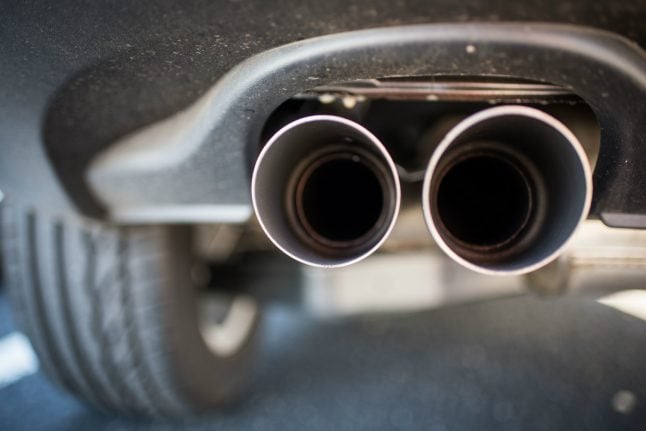Scania and its two largest shareholders, VW and Investor, have all formally rejected MAN’s €9.6 billion eur cash offer.
However, all sides appear to be keeping their options open.
“We have said we are open to looking at all the alternatives but we want to do what’s best for Scania and our shareholders,” said Fredrik Lindgren, head of investor relations at Investor.
“Today’s purchase in MAN by VW does not affect our position when it comes to Scania,” he said.
At Scania, Cecilia Edström, head of corporate information, said VW’s move may alter the outlook for MAN’s bid for Scania.
“It may change the bid situation. It hasn’t happened yet but it may,” Edström told AFX.
Edström declined to say whether she expects MAN to raise its bid for Scania and she would not divulge any further details.
Investor holds 19.3 percent of Scania’s voting rights, while VW owns 34.32 percent of the voting rights and 18.7 percent of Scania’s share capital.




 Please whitelist us to continue reading.
Please whitelist us to continue reading.